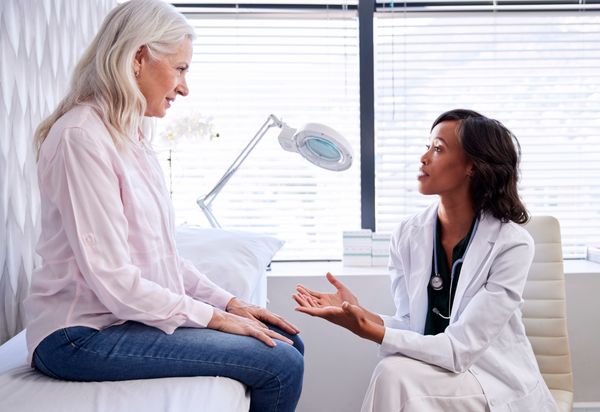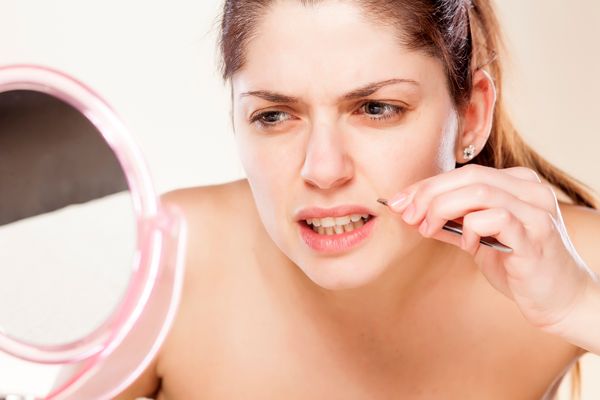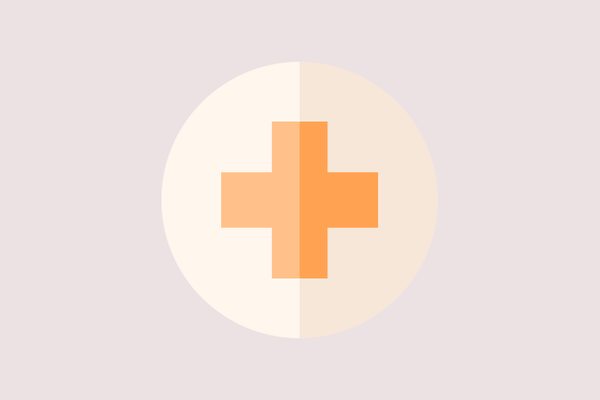Your weight shifts. Your mood goes up and down. Your skin breaks out.
What is one of the first things you're likely to blame?
Hormones.
Hormones, those special chemical messengers in your body, are created by the endocrine glands, which control most bodily functions that range from basic things like hunger and metabolism, to more complex processes, like reproduction, emotions and mood.
And like the price of gold, hormones fluctuate. It's normal for hormone levels to shift from time to time. Think about the time before and after your period, as well as pregnancy and menopause. But sometimes, they get out of balance, throwing your body out of whack. Even a small shift can cause big problems. The ebb and flow of hormones can be the cause of weight gain or loss, mood highs or lows, and many other functions of your cells and organs like your kidneys, muscles and heart.
There are many types of hormones in the body. Some play key roles in the everyday health and well-being of women, including estrogen, testosterone and progesterone that come from the ovaries. Other hormones include, but are not limited to, thyroid hormone from the thyroid gland, cortisol from the adrenal gland and prolactin from the pituitary gland. When they're in balance, our bodies run smoothly.
Read on for some of the most common things that can happen when your hormones are not in balance. Some of these hormonal imbalances can diagnosed by clinical symptoms or after a physical exam; others require simple blood tests. But remember, there could be reasons other than hormones for these conditions, so always check with your health care professional to explore other causes and rule out other problems.
- Your periods are irregular (or absent).
- You have sleep issues.
- You have chronic acne.
- You feel as if your head is wrapped in gauze (aka memory or brain fog).
- You're fatigued or have low or no energy.
- You have digestive issues.
- You're irritable, anxious or depressed.
- You have mood swings.
- You're hungry nonstop.
- You are gaining weight.
- You have headaches, especially close to or during your period (or around perimenopause and menopause).
- Your vagina is dry and/or irritated.
- You have bone loss (osteoporosis).
- Your sex drive is declining—or altogether lost.
- Your body's thermostat is awry (aka night sweats and hot flashes).
- You notice changes in your breasts, like thickening, new lumps or cysts.
- You have food cravings.
- Your hair is thinning—or growing in unusual places (like your face).
- You are experiencing infertility.
- You have heart palpitations.
While some hormonal imbalances may require taking medication, often lifestyle changes may be all that you need to get things back in balance. Healthy eating, regular activity and exercise and getting enough sleep are things that you can do to get back on track and stay there.







